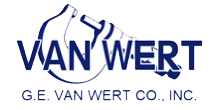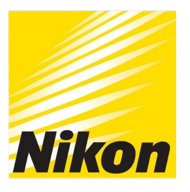
MCAXS PORTABLE ARM CMM
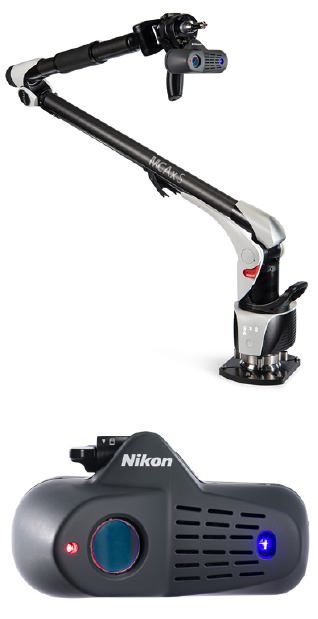 Delivering a new level of portable scanning performance MCAx S is a precise, reliable and easy-to-use 7-axis portable articulated coordinate measuring arm able to measure around and even inside large parts without constraints. It is the perfect partner for the industry leading ModelMaker H120 laser scanner and has seamless integrations to a variety of industry accepted metrology software suites. The arm’s accuracy, capability and portability make it an optimal measurement companion in the metrology lab, on the shop floor or in the field.
Delivering a new level of portable scanning performance MCAx S is a precise, reliable and easy-to-use 7-axis portable articulated coordinate measuring arm able to measure around and even inside large parts without constraints. It is the perfect partner for the industry leading ModelMaker H120 laser scanner and has seamless integrations to a variety of industry accepted metrology software suites. The arm’s accuracy, capability and portability make it an optimal measurement companion in the metrology lab, on the shop floor or in the field.
Ranging in size from 2.0 to 4.5 m and with three performance levels to suit all budgets or application accuracy, it is compatible with tripods and other bases allowing freedom to select the right mounting for the task in hand. Infinite rotation and 7-axis freedom of movement give unrestricted reach in and around parts. Thermal stability and advanced encoder technology eliminate warm up, reducing setup and inspection time.
The MCAx S offers true multi-probing. Alongside the scanner, tactile probes can be used in parallel to measure geometric features or hard to reach areas. Advances such as automatic intelligent pre-selection of scanner or probe depending on type of measurement enhances ease-of-use for full remote operation of the solution.
Key benefits
- ISO 10360-12 certification
- Thermal stability and advanced encoder technology eliminate warm-up
- Infinite rotation and 7-axis freedom of movement for unrestricted reach in and around parts
- Clear system feedback with integrated visual, audio and haptic indicators
- Safe and secure locking and relocating
- Versatile mounting with magnetic bases, vacuum bases, stands or tripods
- Optional wireless usage for up to four hours at full scanning speed
The MCAx S arms range in size from 2.0 to 4.5 m and 3 performance levels for user choice of the optimal system configuration.
Each arm comes with a Control Pack for fast and reliable single cable connectivity and AC power as well as a base plate for users to mount the system to a table.
To enhance the portability of the system, users can specify the Wireless Control Pack, providing 4 hours of autonomous scanning from a Wi-Fi connection and dual battery power. Users are free to select additional mounts such as tripods or magnetics bases to further optimise the solution for their application.

Measure any material
Nikon’s innovative and proven dynamic laser power control allows for almost any combination of materials to be scanned together without expert user knowledge. Paired with the MCAx S arm’s ability to have scanner and probe available simultaneously, tactile inspection of hidden details is possible.
- Patented ESP real-time laser optimisation for every single point
- Scan matte, reflective, black, near-transparent and multi-coloured surfaces at the same time
- No productivity reduction for difficult materials
- Scan soft touch or coated parts which could deform or be damaged by a touch probe
- Tactile probe enables measurements of transparent materials or in deep recesses and confined areas
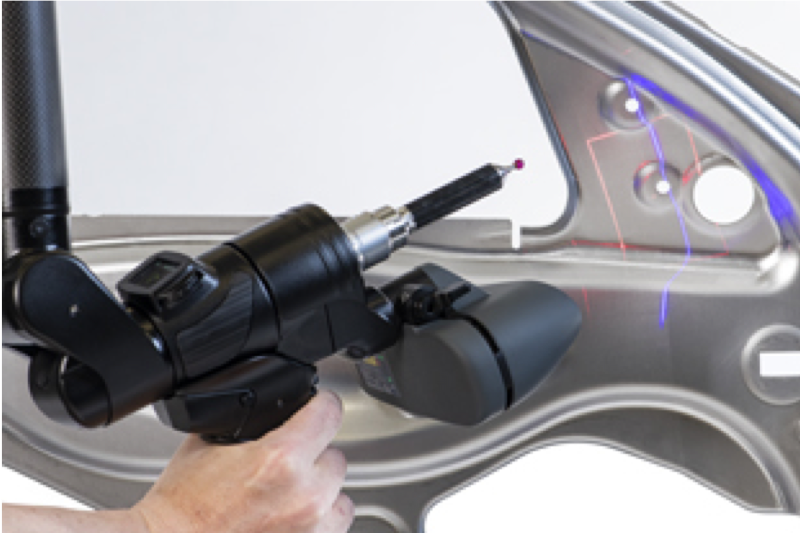
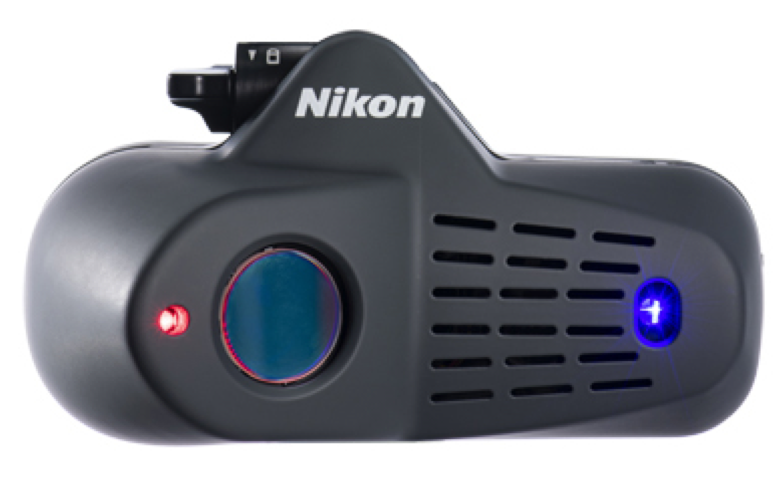
MODEL MAKER H120 Ultra-fast high-definition 3D scanning
The cutting-edge ModelMaker H120 firmly pushes the ever-exacting boundaries of handheld laser scanning. Incorporating blue laser technology, ultra-fast frame rate, specially developed Nikon optics and the ability to measure the most challenging parts this represents the next generation of portable laser scanning. The H120 makes no compromises in addressing the market needs by efficiently delivering the most detailed and accurate data in a fraction of the time of competing technologies – no matter the size or the material.
Key benefits
- Extremely low noise data thanks to Nikon lens and blue laser technology
- Scanner accuracy of 7 microns
- Able to measure the most precise details on parts of any size
- Measures at over 450 stripes every second on all materials
- Full Field-of-View indicator for precise scanning
- Real-time optimization of the laser for every single measured point
- Designed for use under all shop floor or field conditions
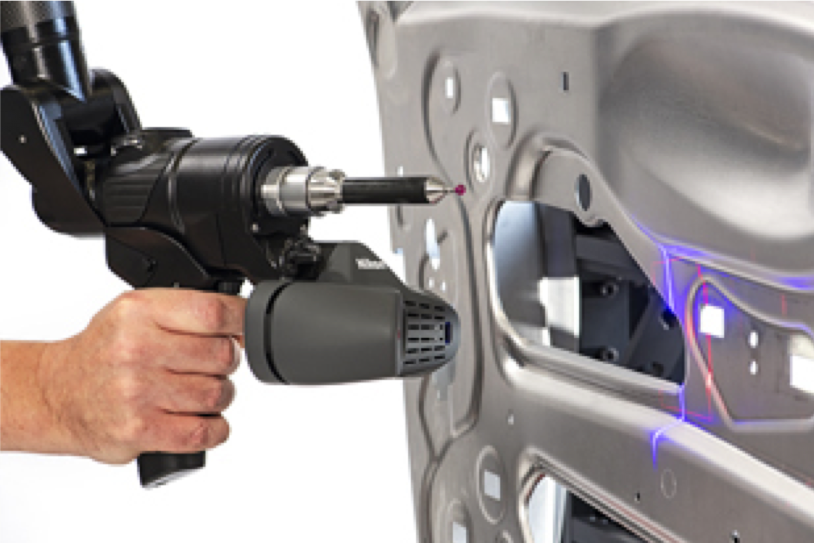 Uncompromising performance
Uncompromising performance
The ModelMaker H120 guarantees fast data collection over a large area with no compromise on small details – offering great flexibility in a single solution even when cycle time is critical, no matter the type of parts measured.
By combining a frame rate of 450 Hz, a stripe width up to 120 mm and non-interpolated point spacing of 35 μm, users benefit from high productivity and detailed measurements optimised within a single sensor.
The MCAx S arm further enhances the user experience by adding the ability to scan truly cable free, through high-speed Wi-Fi connectivity and battery power with absolutely no reduction in speed, quality or data coverage.
The superior accuracy of the ModelMaker H120 sensor ensures it stands far apart from similarly perceived technology, further pushing the traditionally accepted boundaries of handheld laser scanners.
Measure the most challenging materials
Patented Enhanced Sensor Performance (ESP4) provides automatic real-time adjustment of the laser intensity for every single point in the same image frame.
- Ensures full data regardless of the laser line spanning materials of completely different optical properties.
- Measure high contrast reflectivity changes, highly absorptive coatings, near-mirrored finishes and near-transparent materials.
- No reduction in data rate, even when scanning wirelessly.
Intelligent reflection control further refines measurements of very shiny or polished materials by filtering out unwanted reflections.
This technology, refined over many years and proven in all Nikon laser scanners, gives the benefits of per point laser optimisation found in flying-spot scanners but packaged in a sensor with no moving parts that could suffer from acceleration effects that is not limited by large point spacing and slow frame rate due to galvanometer speed.
ESP4 does not rely on combining scan data points derived from several full frame images taken at different exposures and at slightly different positions. Making it more accurate than competing HDR techniques, which themselves often require reduced frame rates to operate.
